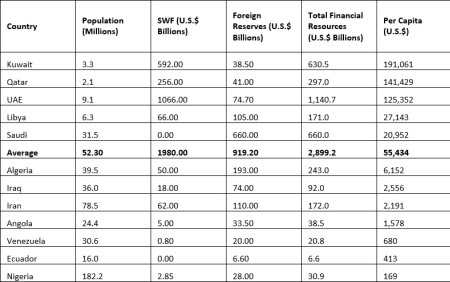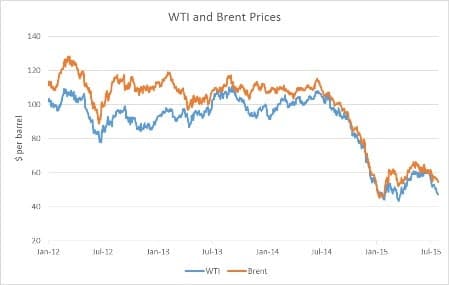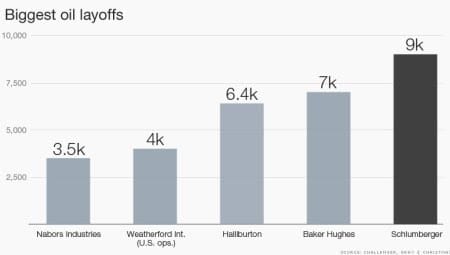A Potentially New OPEC(ing) Order at the Next Meeting
OPEC next gathers December 4 in Vienna, just over a year since Saudi Oil Minister Ali Al-Naimi announced at the previous OPEC winter meeting the Saudi decision to let the oil market determine oil prices rather than to continue Saudi Arabia’s role of guarantor of $100+/bbl oil.






